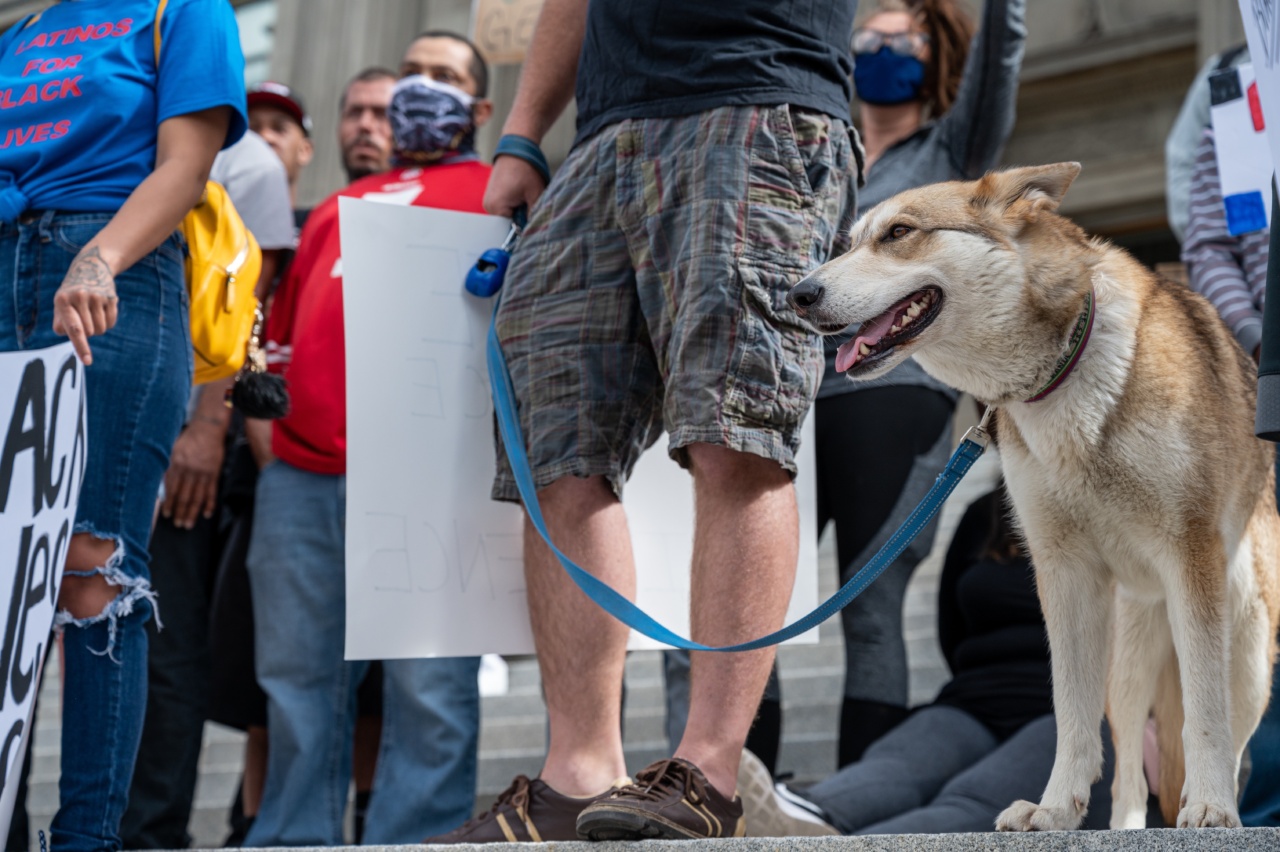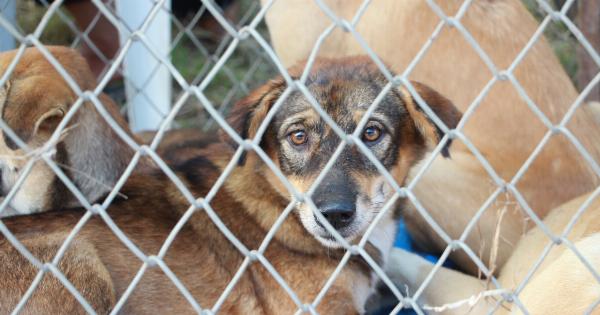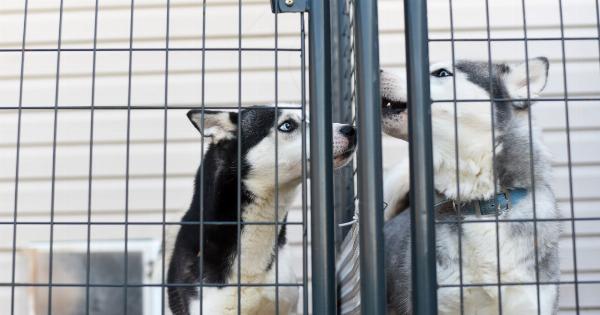The animal bill is a well-known term in the European Union that refers to the laws implemented for animal welfare and the complete ban on animal testing. It is an important step towards the betterment of animal protection laws and welfare in Europe.
The impact of the animal bill on municipal funding is significant, as governments have to spend an enormous amount of money to ensure that the animals are treated humanely and with dignity. The total cost of implementing the animal bill is estimated to be around 40 million euros per year.
In this article, we will discuss the impact of the animal bill on municipal funding, and how it is affecting the lives of millions of animals across Europe.
What is the Animal Bill?
The animal bill is a set of laws and regulations that ensure the humane treatment of animals. The animal bill covers a wide range of issues, from the ban on animal testing to the protection of endangered species.
The animal bill also requires that all animals be treated humanely and with dignity. The goal of the animal bill is to ensure that animals are treated ethically and that their welfare is protected. The animal bill has been implemented in many countries across Europe and has become an essential part of European law.
The Impact of Animal Bill on Municipal Funding
The implementation of the animal bill has had a significant impact on municipal funding. Governments have to spend a considerable amount of money to ensure the compliance of the animal bill.
The cost of maintaining animal shelters, providing medical care to animals, and proper food and shelter all come under the umbrella of municipal funding. Municipal funding for animal welfare has increased significantly since the implementation of the animal bill.
The Costs of Animal Shelters
Animal shelters play a vital role in implementing the animal bill. Animal shelters help animals that have been abandoned, lost, or abused. The cost of maintaining an animal shelter can be quite high.
Animal shelters have to provide proper food, medical care, and shelter to ensure that animals are treated humanely. The cost of running an animal shelter can be anywhere from a few thousand euros to tens of thousands of euros, depending on its size and location.
The Costs of Medical Care
Another significant cost of implementing the animal bill is the cost of medical care. Animals, like humans, require medical care. Animals need vaccinations, surgeries, and other medical treatments to remain healthy.
The cost of medical care for animals can be quite high, and municipal funding has to cover a significant part of these costs.
Costs of Proper Food and Shelter
The animal bill also requires that animals be provided with proper food and shelter. The cost of providing proper food and shelter can add up quite quickly, especially for larger animals such as horses and cows.
Providing proper food and shelter for animals is essential to their well-being and is an essential part of implementing the animal bill.
Conclusion
The animal bill is an important step towards the betterment of animal welfare in Europe.
The impact of the animal bill on municipal funding is significant, as governments have to spend an enormous amount of money to ensure that the animals are treated humanely and with dignity. The total cost of implementing the animal bill is estimated to be around 40 million euros per year. Animal shelters, medical care, and proper food and shelter are the three significant costs that come under the umbrella of municipal funding.
Municipal funding for animal welfare has increased significantly since the implementation of the animal bill. The implementation of the animal bill is a crucial step towards ensuring that animals are treated ethically and that their welfare is protected.































